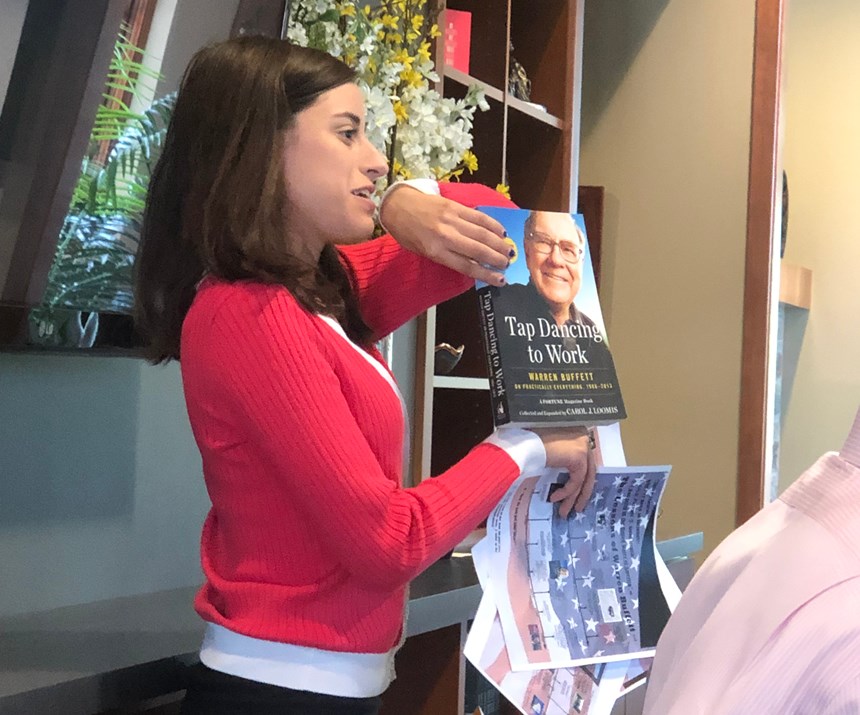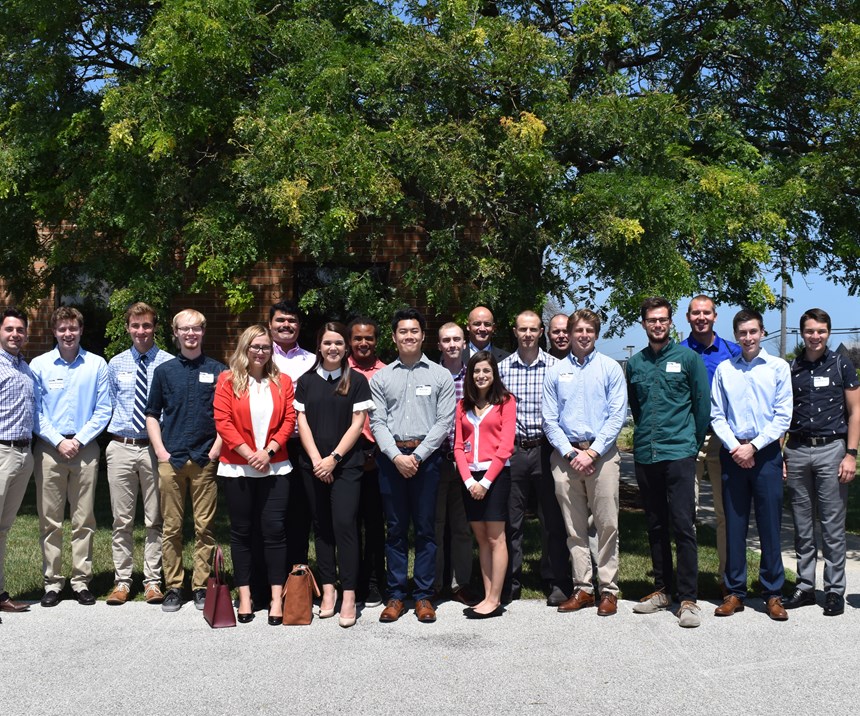The Value of a Good Internship
The greatest lessons shared by the interns related much more to interpersonal skills, communication, teamwork and etiquette than they did to technology.
“My brother is spending the summer learning how to make coffee and copy documents,” a college student shared with me this summer, as he joked about his sibling’s internship with a major Midwest-based employer. His brother’s primary responsibilities with that company were to ensure the coffee was always hot and abundant and to do grunt work for his superiors, a group comprised of everybody else in the office.
What a major missed opportunity, I mused, both for the intern and his employer.
Welcome! You’ve unlocked premium content.
This August I attended the Milwaukee Intern Summit, an event planned and hosted by one of our companies. The day proved fascinating.
The group’s members were as diverse as they were similar. Among the attendees were college-aged interns employed by organizations spanning the economy, including finance, technology, investment management, distribution, food production, manufacturing and more. Some interned in accounting departments, some in marketing, some in finance, and the group even included a law school student (nicknamed “Lawyer Guy” by his fellow participants) who interned with the legal department of a Fortune 500 industrial employer.
Each intern stood before the group and shared a bit about their employer and then discussed what they learned during their internships.
One young lady who spent her summer putting together a display honoring Berkshire Hathaway Chairman and CEO Warren Buffet pointed to the concept of the American Tailwind, the topic of a recent Berkshire Hathaway annual shareholder letter. In the letter Mr. Buffet noted that the $115 he invested in the stock market at the age of six would have grown to more than $600,000 today had it been placed in a no-fee S&P 500 index fund. That same sum would only have increased to $4,200 had it been invested in gold. He used this story to illustrate the tremendous power of the American economy. What a great lesson for an intern working in an investment management company.
A college student by the name of Kayla learned the power of communication.
“Lawyer Guy” said the three biggest lessons from his internship were that organization is key, every employee must provide real value and that a company accomplishes much more when team members collaborate.
One student shared that learning how to act in a business meeting was a major benefit of his internship.
A college student who spent her summer working in the product design group of a large consumer products company, collecting and analyzing customer feedback, shared how her employer used the data provided by its customers to guide decisions about new product offerings.
One intern spent his summer cycling through his employer’s multiple departments, moving from marketing to finance to customer service to operations. “Every department has its own view and perspective of the company,” he noted. “It was really cool to see how they differed.”
On a related note, another member of the group appreciated the opportunity to learn how a company and all its team members work as a whole to accomplish a common goal, even though the company is made up of several individual departments.
The interns’ employers were also welcomed to attend and observe the event as it unfolded. One of the employers made a point I found extremely insightful. She began by reflecting on the power of the keynote presentation about how technology has and will continue to transform the workplace. She then noted that she was encouraged that the greatest lessons shared by the interns related much more to interpersonal skills, communication, teamwork and etiquette than they did to technology. At least according to these students, in an age where our every moment seems to be infused with technology, the best lessons offered by an internship relate to the continuing importance of interpersonal relationships and communication.
My four main takeaways from the day? First, organizations that don’t offer internships are missing a huge opportunity to improve and to equip young people with valuable professional skills. Second, those that do offer internships should ensure that they are the kind that produce lessons like those shared above, and that they’re not just creating better coffee makers and photocopiers. Third, internships teach students even more than I knew, and intern-aged students should strongly consider interning.
Finally, these young people fueled my optimism for the future of the American workforce.
About the Author
Matt Kirchner
Matt Kirchner is managing director of Profit360, LLC, a Wisconsin-based strategic advisor to U.S. manufacturers and is CEO of American Finishing Resources, LLC.
Related Content
Applying a Healthy Approach to Employee Investment
Service Center Metals’ on-site health center offers its employees and their families free same-day health care and, in return, the employer is gaining many benefits including a healthier workforce and attracting potential employees.
Read MoreThe Value of Aligning Efforts to Promote Manufacturing Careers
Successfully building the next generation of manufacturers requires a team effort between employers, educators and parents. Each of these three groups has a tremendous impact on young people’s career decisions. Without the support of all three, we are unlikely to bridge the skilled labor shortage that threatens the future growth of our industry.
Read MoreRecognizing Signs of a Degrading Workplace Culture
Is your machine shop missing key “culture elements?” Here are ways to identify if your organization is heading in the right or wrong direction in terms of establishing a healthy company culture.
Read MoreJob Candidate Questions and What They Tell Us
Individuals who ask thoughtful, original questions in the interview set themselves apart.
Read MoreRead Next
5 Aspects of PMTS I Appreciate
The three-day edition of the 2025 Precision Machining Technology Show kicks off at the start of April. I’ll be there, and here are some reasons why.
Read MoreDo You Have Single Points of Failure?
Plans need to be in place before a catastrophic event occurs.
Read MoreA Tooling Workshop Worth a Visit
Marubeni Citizen-Cincom’s tooling and accessory workshop offers a chance to learn more about ancillary devices that can boost machining efficiency and capability.
Read More















.jpg;maxWidth=300;quality=90)










